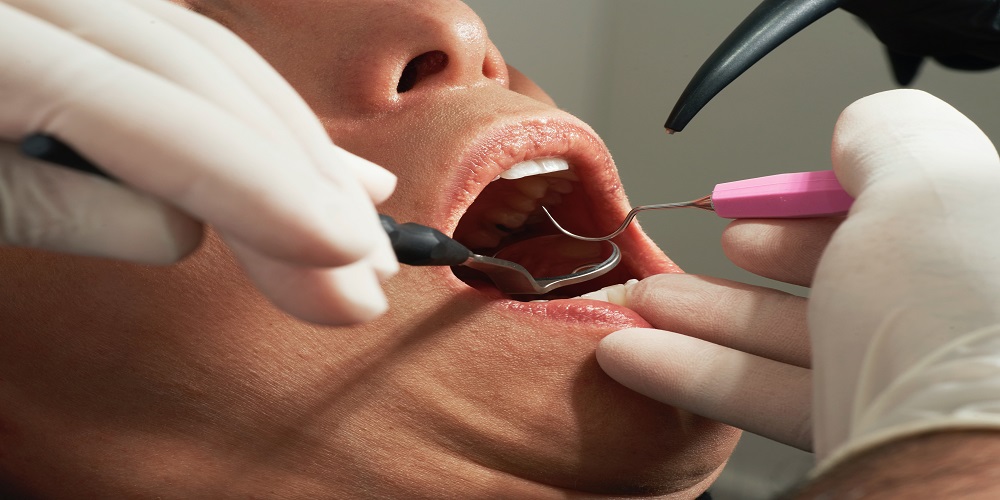When it comes to dental care, children with autism may face unique challenges due to sensory sensitivities, communication difficulties, and a need for routine and predictability. As a parent or caregiver of a child with autism in Canada, it is crucial to ensure that their dental visits are successful and comfortable. By implementing a few strategies and understanding their specific needs, you can help your child maintain good oral health and have positive experiences at the dentist. In this article, we will provide you with valuable tips and insights to make dental visits easier for your child and to help you pursue a complete family dentist that your child needs.

Choose a dentist experienced in treating children with autism:
- Look for a dental professional who has experience working with children with special needs, including autism.
- Ask for recommendations from other parents or support groups for children with autism.
- Seek out a dentist who creates a calm and welcoming environment for children.
Start early and maintain a regular dental routine:
- Introduce your child to dental care at an early age to establish a routine.
- Begin by gently brushing their teeth using a soft-bristled toothbrush and fluoride toothpaste.
- Gradually increase the duration of brushing sessions as your child becomes more comfortable.
Prepare your child for dental visits:
- Use social stories or visual schedules to explain what happens during a dental visit.
- Visit the dental clinic beforehand to familiarize your child with the environment and meet the staff.
- Role-play dental visits at home to simulate the experience and reduce anxiety.
Communicate with the dental team:
- Inform the dental team about your child’s specific needs and sensitivities.
- Share any relevant information about their preferences, communication style, or sensory triggers.
- Collaborate with the dentist and dental hygienist to create a customized plan for your child’s dental care.
Create a sensory-friendly environment:
- Request a quiet and private room if available, away from the noise and distractions of the waiting area.
- Bring comfort items like a favorite toy or blanket to help your child feel secure.
- Use noise-cancelling headphones or sunglasses to minimize sensory overload.
Use visual supports and communication tools:
- Visual supports, such as visual schedules, social stories, or picture cards, can help your child understand the dental visit process.
- Use simple and clear language when explaining procedures to your child.
- If necessary, the dentist may use alternative communication methods, such as visual aids or sign language, to enhance understanding.
Consider sedation or anesthesia if needed:
- For children with severe anxiety or sensory sensitivities, sedation or anesthesia may be an option.
- Consult with the dentist or pediatrician to discuss the potential benefits and risks of these interventions.
Reward and positive reinforcement:
- Acknowledge your child’s efforts and cooperation during dental visits.
- Offer small rewards, such as stickers or a favorite activity, as a positive reinforcement for their behavior.
- Celebrate successful visits and highlight their progress to boost their confidence.
Conclusion
Ensuring successful dental visits for children with autism is vital for their overall oral health and well-being. By following these tips, you can make dental visits more comfortable, reduce anxiety, and establish positive associations with dental care. Remember, choosing a complete family dentist experienced in treating children with special needs, maintaining a regular dental routine, and preparing your child through visual supports and communication tools are key steps to a successful dental visit.